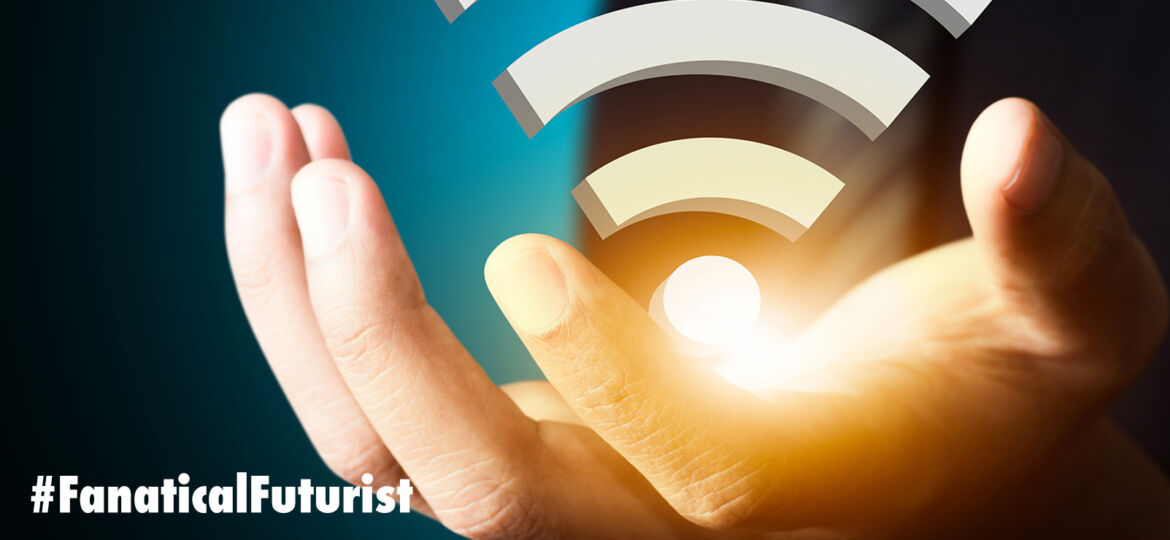
WHY THIS MATTERS IN BRIEF
- Wi-Fi is ubiquitous, sensors are ubiquitous, but putting batteries in small sensors is impractical, now passive Wi-Fi that doesn’t need an energy source will change all that
For those that live in developed countries it has to be said that wireless internet, and Wi-Fi, is ubiquitous. But that said it consumes a lot of energy from our devices, which kills the battery life of our smartphones, smartwatches, and other smart gadgets, but now a group of researchers from the University of Washington have come up with a solution they call “Passive Wi-Fi.”
The invention helps devices use Wi-Fi with 10,000 times less power than we normally use when we wirelessly connect to the internet, and when compared to other wireless technologies, like Bluetooth Low Energy (BLE) connections, it still uses 1,000 times less power.
The team who presented their paper at the 13th USENIX Symposium on Networked Systems Design and Implementation, says the invention is already making waves because using Wi-Fi without virtually any power could revamp the Internet of Things by eliminating the need for a battery. As a result, passive Wi-Fi connections could help make devices extremely cheap, and as smart smoke detectors, watches, lights, and other home accessories get connected to the internet, keeping them cheap, and in some cases small, is crucial.
One company, Jeeva Wireless, is already trying to bring “passive Wi-Fi” to the market, and so far the early tests are promising, and not only does this passive Wi-Fi use less energy, but it’s fast, too, a blistering 11 times faster than BLE.
“We wanted to see if we could achieve Wi-Fi transmissions using almost no power at all… that’s basically what Passive Wi-Fi delivers. We can get Wi-Fi for 10,000 times less power than the best thing that’s out there,” said co-author and assistant professor Shyam Gollakota.
As I’ve said many times before small developments can have great impacts, and I think this is another of those times, so next time you’re walking around town and pull up a list of Wi-Fi hotspots you might find yourself connecting to a coffee maker or a lamp post. I can see advertisers rubbing their hands with glee.
















